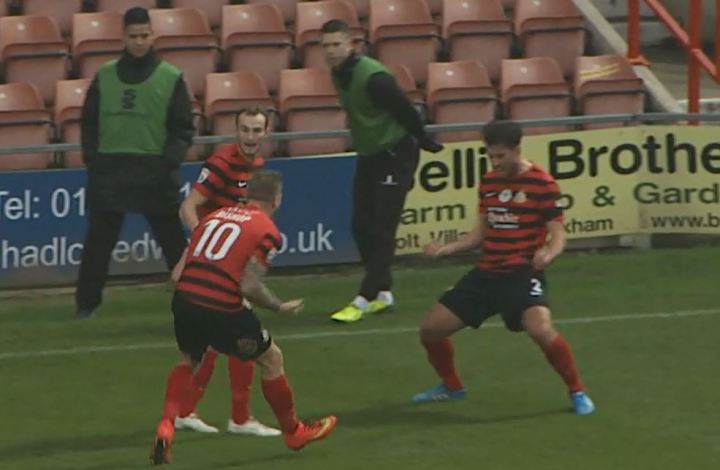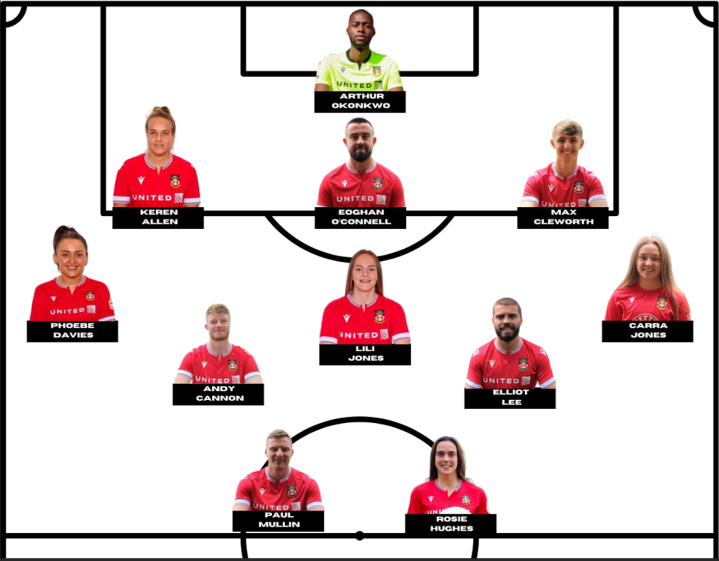As we battle to turn a loan transfer into a permanent one, it’s interesting to speculate on whether temporary signings might play a larger role in Phil Parkinson’s thinking this season.
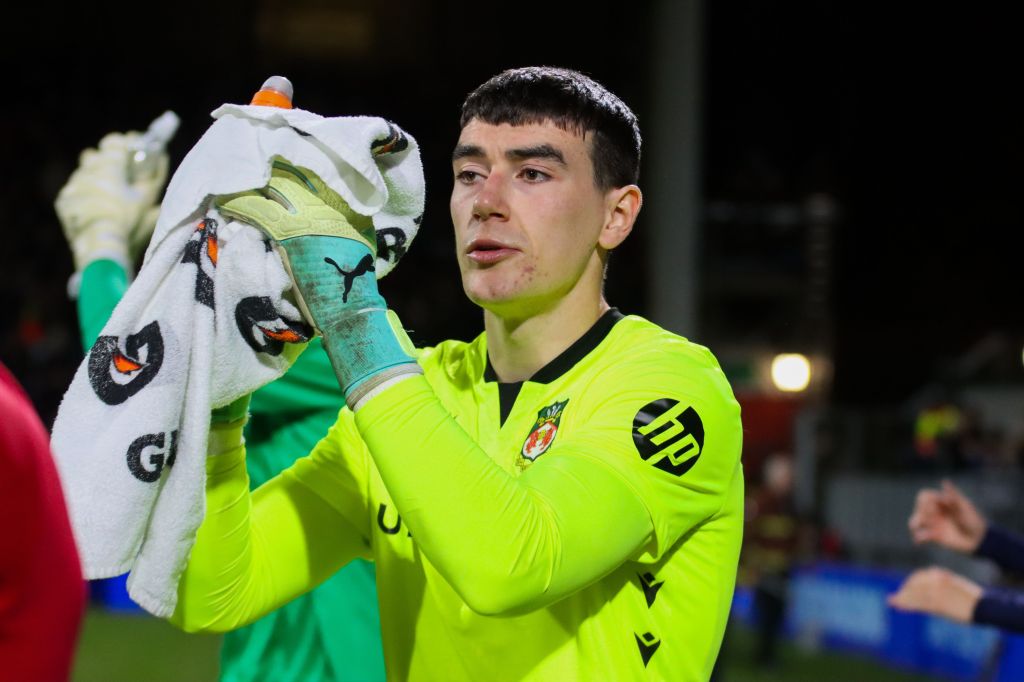
He hasn’t used the loan market much so far: in fact he’s only signed two players on loan, and both were goalkeeper: Arthur Okonkwo and Luke McNicholas. McNicholas’ arrival on loan was a technicality too: there was never much doubt that we’d take up the option to sign him permanently when his short term loan expired.
When you consider why we brought Okonkwo in as a loan signing, you realise why we might look into acquiring players in that way more often next season.
Okonkwo is the sort of high calibre player we want to attract but, although he hadn’t broken into Arsenal’s first team, that didn’t mean he’d be cheap.
We split his wage with The Gunners, making him a more affordable proposition, and that might offer Parkinson a way to continue raising the standards of his squad without threatening to leave us struggling to meet the EFL’s financial requirements.
The manager has consistently looked to sign from higher divisions to boost the quality of the players available to him, and there would have been no point in clearing spaces in the squad by releasing a number of senior players if he wasn’t going to replace them with quality.
The problem is that there’s a financial gulf between the Championship, with teams spending wildly to get into the Premier League, and League One. Throw in the parachute payments which many clubs in the Championship receive, and the failure to agree terms on the EFL’s cut of the Prem’s TV money, and you’ve got a real disparity.
Bringing in some loan signings to spread the cost of our recruitment seems like a logical step.

The other key factor in being able to pull off a loan signing of Okonkwo’s calibre was promotion from the National League. When we were relegated in 2008, it quickly became clear that clubs were not willing to send their best youngsters down to the fifth tier to gain experience.
There are plenty of examples from our previous Football League years of high quality players who have played a key role for us while on loan from Premier League clubs. The likes of Mark Wilson, Terry Cooke and Lee Roche arrived with a clutch of England Under-21 caps between them and realistic aspirations to break into Manchester United’s first team.
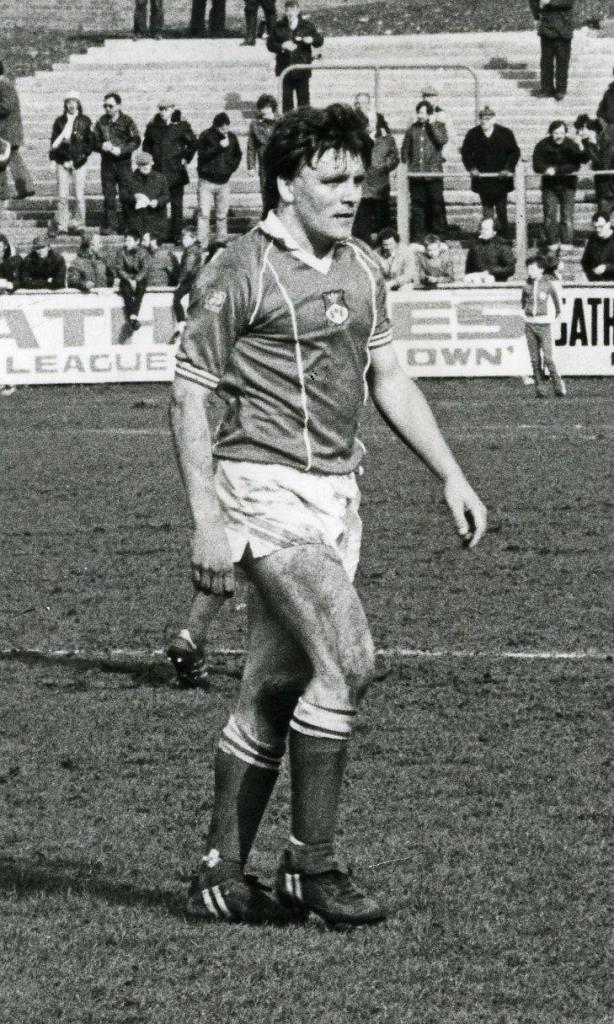
Mike Lake (below) was a crucial component in our 1993 promotion side, while Robbie Savage (no, not that one) won our player of the season award while on loan from Liverpool in 1983.
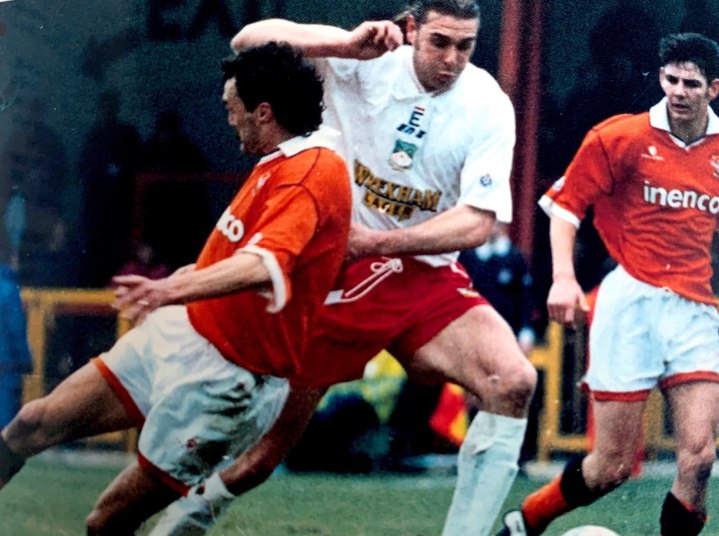
They were all young fringe players, hoping to establish themselves at big clubs, who were farmed out to further their development. A nice example of a player who benefitted from a stint at The Racecourse is Matt Derbyshire, whose prolific spell for us under Denis Smith kick-started his apparently never-ending adventure around Europe.
However, after relegation things changed for the worse. Big clubs were no longer willing to send their promising prospects to us, because they couldn’t see any value in it. What would a successful season in non-league football prove if you’re trying to develop a player whp’s capable of performing in the Champions League?
Would Arsenal have loaned Okonkwo to us if we were still in the National League? The previous season he’d spent half the campaign in League Two, and then stepped up again to play in the Austrian top level. Stepping back down to the fifth tier simply would have been an odd kind of developmental path.
Instead, the sort of players we were able to attract on loan in the National League were rather more wet behind the ears. Youngsters which Premier League clubs had accumulated, who probably weren’t going to break through.
Look at the players Dean Saunders loaned in during our first two seasons in the National League. He was eager to draft in young Premier League talent, reasoning their technical superiority would allow us to dominate non-league teams.
However, the inexperienced players he was allowed to take on simply weren’t able to sustain their performances through the weekly grind of battling against players who were inferior technically, but superior physically.
Nathan Woolfe, Nathan Fairhurst, Angelos Tsiaklis, Jon Brown. I could go on. A couple of players looked to be a cut above and have gone on to enjoy successful careers, such as Ritchie De Laet and Ryan Flynn, and they both clearly had more about them.
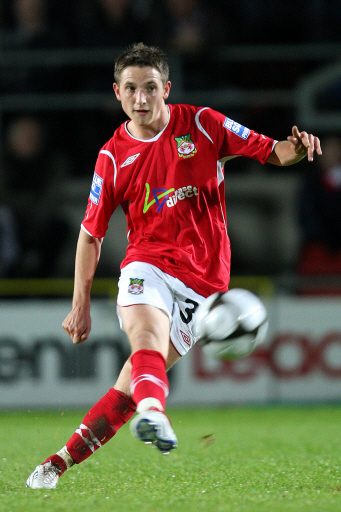
There’s also the great what-if player of Wrexham’s National League years: Joe Allen (above). He immediately looked to be on a different level from the players around him, but suffered a season-ending injury half way through his second game for us.
He’s the exception that proves the rule, though. We were able to tempt Swansea into releasing him because Saunders could exploit his connections within the Welsh game. If it wasn’t for that, we wouldn’t have got near a player of that quality.
Kevin Wilkin and Gary Mills brought in a range of loan players and barely used most of them. Often they were callow youths, unready for senior football. For example, Stoke sent us Mason Watkins-Clarke, a young full back who started the first game of the 2015-16 season, at Bromley, and had an awful time of it. He was subbed at half time and we never saw him again.
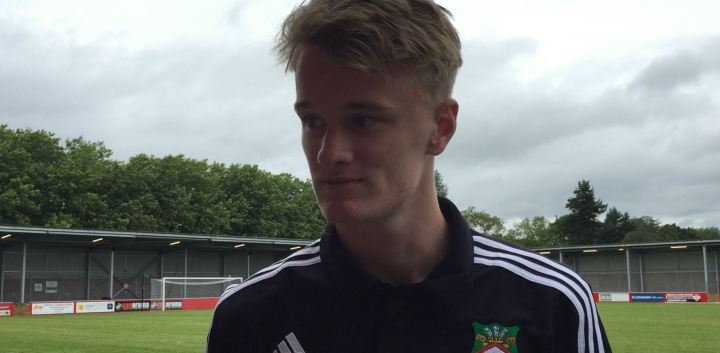
This year should be different though. Now we can offer a place in an ambitious, successful team that is aiming for the Championship. An ideal environment for a promising player to develop in. Hopefully, alongside Arthur Okonkwo!



